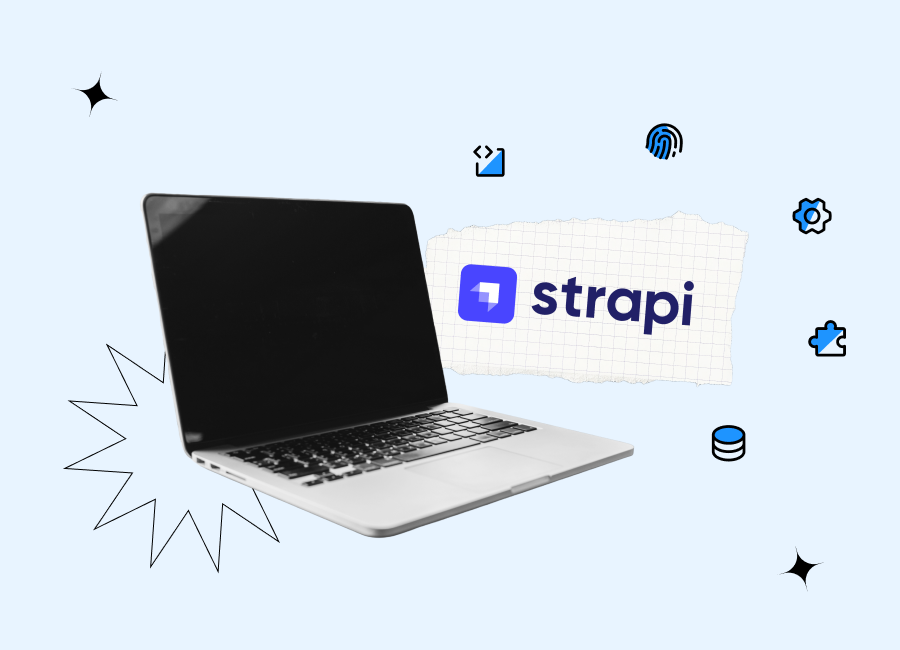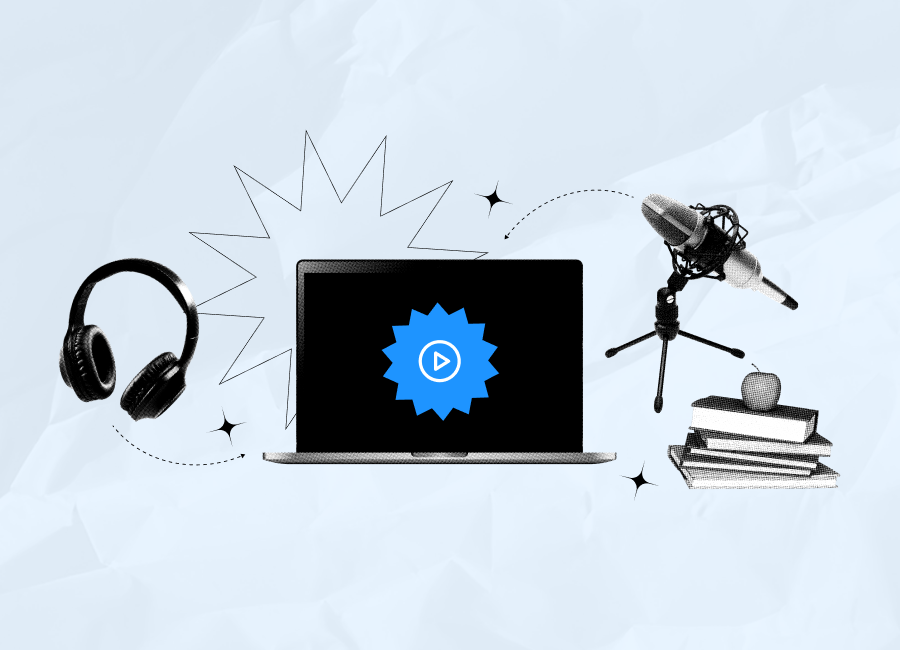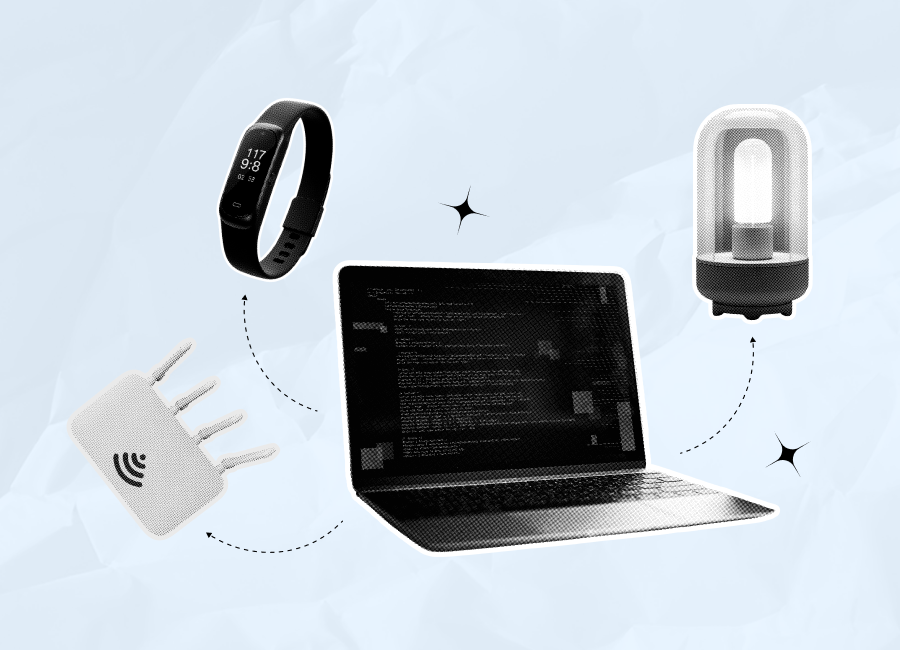We all hate listening to beeps or music on the phone while waiting for an administrator to answer and help us book an appointment. It’s irritating and time-wasting. But modern appointment scheduling software can change the game for clients across many industries. Now when you need to book a hotel room for your business trip or to make an appointment at a medical center, it’s enough just to open the relevant app and deal with this task in a couple of minutes.
Great convenience and high demand for such solutions explain why there’s an increased interest among businesses across the spectrum in scheduling-software development services. And that's exactly what we are going to talk about in this article.
What is an appointment-scheduling app?
Online booking solutions can be defined as tools that let professionals and companies manage bookings and appointments online. Such digital tools can transform the customer experience across many industries, from beauty salons to spa and fitness centers, restaurants, medical centers, hotels, and others.
Such scheduling apps for businesses can address your booking management needs and enhance your interaction with customers by easing the process of booking for all participants.
Apps for scheduling meetings and appointments can save time for both clients and administrators. Clients can not only make bookings but also edit, reschedule, or cancel them on their own via an app. That lets your staff concentrate more on other tasks.
Key stages in scheduling-software development
If you plan to build a scheduling app, you need a clear understanding of how the development process should be organized. Different development teams may have their own approaches to project realization. As a rule, we recommend building the process the following way:
- Market research. It’s very important to analyze market needs and standards. It will be useful to consider existing solutions and take a look at what users think about the available functionality. With this knowledge, you’ll be able to make better-informed decisions.
- Concept. After gathering market insights, you’ll need to formulate your idea and define the exact set of tasks your app should address. At this step, you should also be thinking about your monetization strategy, as some approaches may require developing particular features.
- Discussion of your requirements with a development team. You’ll need to explain to developers the key concept of your future appointment-scheduling app so they can suggest the best approach to transforming your ideas into a real solution.
- Design and development. When all requirements, timeframes, and project budgets are approved, the team proceeds to an active phase of software creation. At this stage, the team will be working on building the required functionality and interfaces.
- Software testing. Before the launch, it is essential to verify that your application works exactly as you expected it to work, that all modules of the app smoothly interact with others, and that all bugs have been effectively fixed.
- App release. When you launch a mobile application, it needs to be published on app marketplaces to make it available to users. It’s vital to study their requirements in advance to be confident your app is compliant.
- Maintenance and support. This is an integral part of your project. After a successful launch, it’s crucial to track the performance of your app and monitor what users think about it. These efforts will help you to address in a timely way all the detected vulnerabilities and to implement regular improvements to achieve higher user satisfaction.
Want to launch your appointment-scheduling app?
We know what users expect to get. Share your ideas with us and we will find the best approach to your project realization.
Appointment-scheduling software: essential features
When devising a solution for booking and managing appointments, you’ll need to decide on which features must be created for it. Your app should be unique, to stand out from similar products already on the market. However, there is some basic functionality that all apps in this category will need to have. Consider the following list.

- Appointment scheduling. Every app of this kind should allow users to book, reschedule, and cancel appointments. You should be able to perform all these actions in a few clicks. Users should be able to view their appointments and receive additional information about the services they will get. You’ll want to provide info about the terms and where they will receive services (if it’s offline).
- Recurring appointments. A lot of users will appreciate a solution that allows them to set up recurring appointments. This feature will be helpful for those who attend the same appointments or meetings on a regular basis. A repeat booking function avoids having to go through the same process again and again. For example, if a person visits a beauty salon at 2 p.m. every first Monday of each month, the system can make such an appointment automatically as soon as a salon opens its calendar for the relevant month.
- Calendar. It is highly recommended to integrate your app with one or more calendars such as Google Calendar, Office 365, or iCal. This helps users efficiently manage all their appointments in combination with other meetings and activities added to their favorite calendar. This not only enhances the user experience but also aids in avoiding mistakes, double booking and confusion that could result in missed appointments.
- Real-time notifications. Users should be able to stay tuned with any updates related to their appointments and meetings. If a business has to make changes or cancellations, users should be informed immediately. It’s also helpful to have a feature that reminds users of upcoming appointments. We always recommend to our customers that this feature be made customizable, so users can easily set notifications in accordance with their personal preferences.
- Contact features. Often, before making up their mind about whether to use a particular service, people want to communicate with the provider. It’s a good idea to allow people to do so directly via your app. You can make it possible to write messages to your business or even call before making an appointment.
- Map integration. If you primarily focus on establishing connections between people and offline services, you can integrate Google maps (or any similar service) to make it easier for clients to reach their destination. Thanks to such integration, they will be able to find the location directly in your app and get directions.
- Analytics for businesses. This functionality allows companies to track their progress and make more grounded decisions about their business strategy. Analytics tools make it possible to see which services boast the highest popularity and which attract less attention. It may also be useful to analyze how the demand for each service changes during the day.
- Reviews. It will be helpful for customers to be able to read reviews about various goods and services and write their own after using them. Opinions of others can help potential customers better understand what they can expect to receive from your business. But to make these reviews as reliable as possible, it’s best to ensure that only actual customers are able to write reviews.
Payment features for your appointment-scheduling application
Not all appointment apps have this functionality. But given that many users today prefer to pay online, it’s sensible to integrate a payment service into your application.
The most popular services include Stripe, PayPal, and Razorpay. They ensure a convenient and quick method for making payments while providing the desired level of security for users’ data and funds.
If you’re choosing a payment service for your app and have options, you should discuss with your development team whether they can be seamlessly integrated into your app. You also need to find out whether they will work without interruptions, given the tech peculiarities of your solution.
If you decide to make it possible for users of your app to pay online, it’s recommended that you add functionality for viewing payment history and getting bills and invoices.
How can you monetize your app for booking appointments?
For every business, it’s important to learn what earning opportunities will be available after the launch of the solution. In the case of appointment-booking apps, there are the following options:

- Transaction fees. You can charge a fee for each appointment booked via your app. It can be a flat fee per booking or a percentage of the total transaction amount.
- Premium features. While your app will stay free, you can provide certain features (like AI recommendations, customization options, or reminders) as premium upgrades. This means that users will pay for using them.
- Advertising. Incorporating advertising within the app to generate revenue is one of the most common monetization strategies. You can consider such variants as display ads, sponsored listings, or promotional placements for related services.
- In-app purchases. You can offer users the possibility of buying additional services or products within the app, such as virtual consultations, merchandise, or premium content related to their appointments.
- Subscription for businesses. You can also take a set fee from businesses for being placed on your app.
Ready-made solutions vs scheduling-software development
Many businesses, after deciding to use an appointment app, debate whether to rely on a ready-made solution or build a custom one. Both options have their pluses and minuses. You’ll need to evaluate which of these strengths and weaknesses is most important to you.
For example, ready-made apps are cheaper, and it takes less time to start using them. But only custom development can ensure full flexibility to directly address your users’ needs.
In the table below, you can find a more detailed comparison.

Our experience in appointment-booking app development
If you are looking for professionals who can provide you with scheduling-software development services, Cogniteq can become a perfect match. Over years of working in the industry, we’ve gained experience in building various types of software solutions. And today our portfolio includes successfully launched apps for scheduling appointments as well.
iBooknow is a good example. The task we received from the client was to build an easy-to-use app that would let people make appointments and learn about different services provided by businesses. Our Flutter development experts deeply analyzed the client's requirements and built a mobile app for customers and a web platform for business users with all the necessary functionality.

The application enables users to consider the work schedules of the businesses registered on the platform, view available slots, and make appointments for both online and offline services. We also integrated the Stripe service, which makes it possible to conduct fast and safe online payments. Thanks to the digital signature tool, customers can sign documents with electronic signatures. Moreover, if they need to save any relevant documents, they can do so directly in the app.
To ensure comfortable interaction between clients and businesses, the application offers various formats for communication, such as an in-app messenger, voice calls, and video chat, as well as the possibility of sending email.
Today the application is available in English and French. It is expected that in the future it will be enriched with additional features and other language versions.
Conclusion
Development of an appointment-booking application can be a promising project. Businesses and customers both want to simplify the booking process and avoid cumbersome traditional methods.
Solutions of this kind do already exist, but the market is not overcrowded, and this offers an opportunity to present your own unique solution.
If you’re looking for a reliable development team to work on your project, Cogniteq can become a good choice for you. We have rich tech expertise and a deep understanding of the market needs. So don’t hesitate to contact us. We will be happy to tell you more about our experience and services.
FAQ
How much does it cost to create a scheduling app?
The amount you’ll need to invest in appointment-booking app development depends on many variables. To calculate at least approximate costs, your development partner should understand the concept of your future product, the range of features, complexity, and the tech stack to be used. As a rule, costs for basic apps start from $20K.
What are the benefits of appointment-scheduling apps?
Appointment-scheduling solutions help to greatly enhance customer experience and ensure client retention. To use such apps, people don’t need to invest significant time and effort, which means that the tech barriers to making appointments are eliminated. Digitizing this process also minimizes the risk of human mistakes.










































